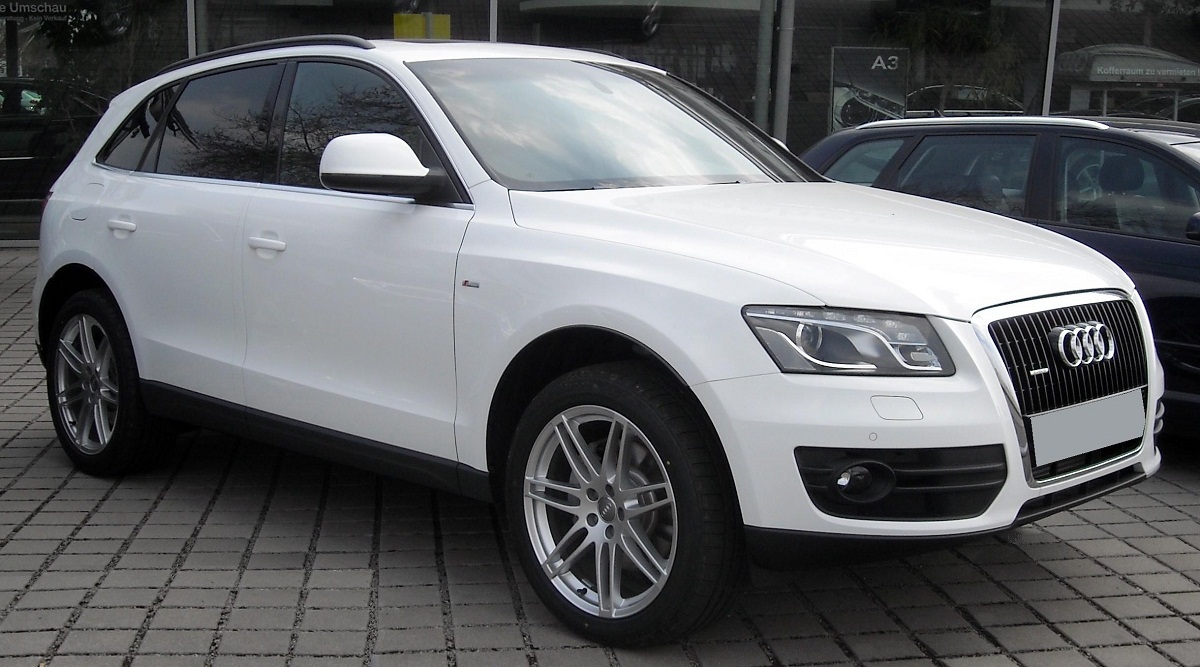
THIEVES are whisking luxury cars from people’s drives and into shipping containers bound for the Far East in less than six hours often armed with just a laptop.
The sophisticated crooks carry out extensive research via social media sites like Facebook and Twitter to zero in on their targets. And they even use bogus leaflet delivery boys to case people’s homes so they can find out where keys are kept, or steal them. The criminals strike with such lightning speed they can remove a car from someone’s home, give it a completely new identity, and have it packed into a nondescript freight container bound for foreign shores between the sun setting and rising. A Sunday Post investigation has revealed:Less than a third of cars are ever recovered, with many ending up on the other side of the world, having gone through multiple countries before reaching their destination. Thieves trawl the internet for pride-and-joy snaps of cars which they match to their shopping lists. Cars are often stolen to order with computer technology used to “hotwire” them where thieves haven’t been able to get their hands on the keys. Some car thefts aren’t recorded as vehicle crimes meaning the true scale of the problem could be far greater.Justin Powell, of the International Association of Auto Theft Investigators (IAATI), which is made up of police officers, motor vehicle manufacturers, insurance firms, government officials and private investigators, said: “All the indicators we are seeing is this type of crime is on the increase. “More and more houses are being broken into not for the goods inside, but simply to gain access to the cars in the driveway. “These are car thefts carried out with affordable high-end technology and as it becomes more widely available, the instances of break-ins will increase.” The latest statistics show just under 80,000 vehicles a year are stolen in the UK, down from a peak of 250,000 a decade ago.Easy tips to prevent YOUR car being stolen by thieves – click hereHowever, it’s claimed this is not a true portrayal of the situation. Dr Ken German, also of the IAATI, said: “The actual figure is hard to gauge but certainly much higher. “This is due to the way crimes are recorded. For example, cars taken during house burglaries will go on the burglary figures.” Despite the overall decline in car thefts, the average value of those stolen has exploded. That coincides with a big rise in the number of high-value cars being sold. Powell, who has been in the industry for almost 20 years, added: “The days of a crowbar and a torch being used to steal cars is a thing of the past in the main. “Now fishing rods are being used to hook keys off a sideboard and software is being deployed from a laptop placed on the bonnet to open a car and start the engine. “Jammers are also being used to prevent people locking their cars remotely as they walk away.”
The efficiency of the network means cars can be shipped out of the UK within hours. Driveways across Scotland are being monitored in advance of planned attacks. Costing just £1,500 to rent a container, top-end cars can simply disappear without trace. Powell said: “You can get three vehicles and maybe even a motorbike into one shipment. “With millions of tonnes of freight going through our ports every day it’s impossible to monitor every container. A car could be in your driveway one day and on the Romanian version of eBay the next. “UK cars are some of the highest specification vehicles in the world. “If you’re in Uzbekistan and you can pick up a Range Rover at half the price, it’s a good deal. It’s like the Gone In 60 Seconds movie.” Assistant Chief Constable Kate Thomson, of Police Scotland, insisted officers are doing everything to eradicate such “heartless crime”. She said: “Police Scotland has achieved significant results in reducing car theft, and crime relating to vehicles. Several notable arrests have been made to rid communities of the blight of car crime.”Scotland’s house break-in lottery – click here

Enjoy the convenience of having The Sunday Post delivered as a digital ePaper straight to your smartphone, tablet or computer.
Subscribe for only £5.49 a month and enjoy all the benefits of the printed paper as a digital replica.
Subscribe